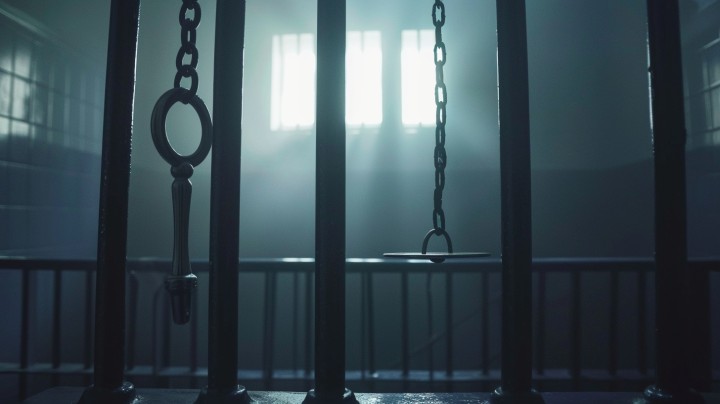Bail for White-Collar Crimes
White-collar crimes, such as embezzlement, fraud, or insider trading, are typically non-violent but can involve substantial financial losses and a high degree of sophistication. These offenses often raise unique bail considerations due to the financial resources and potential flight risk associated with the defendants.
Factors Considered in White-Collar Crime Bail Decisions
Flight Risk: One of the primary concerns in white-collar crime cases is the defendant’s potential to flee the jurisdiction, especially if they have access to significant financial resources or international connections. Defendants accused of high-level financial crimes may face high bail amounts or even bail denial due to the increased risk of flight.
Severity of the Crime: The amount of money involved in the crime and the number of victims affected can also influence bail decisions. For example, a small-scale fraud scheme may result in a relatively low bail, while a multi-million-dollar Ponzi scheme could lead to a much higher bail amount or stricter conditions.
Public Perception and Trust: Although white-collar crimes do not typically involve physical harm, they can severely damage public trust, especially when they involve large-scale financial manipulation. Courts may impose higher bail amounts as a reflection of the seriousness of the offense and the breach of trust involved.
Typical Bail Conditions for White-Collar Crimes
Given the non-violent nature of white-collar crimes, bail is usually granted unless there is a significant flight risk. However, certain conditions are often imposed:
- High Bail Amounts: Depending on the scope of the crime, the court may set a high bail amount to ensure the defendant remains within the jurisdiction. This amount often reflects the financial resources of the accused.
- Asset Freezing: To prevent the accused from fleeing or hiding assets, the court may order a freeze on the defendant’s assets as a condition of bail.
- Travel Restrictions: Defendants may be required to surrender their passport and be restricted from leaving the state or country during the pre-trial period.
In conclusion, while white-collar crimes may not involve physical violence, the financial stakes and potential for flight make bail decisions in these cases highly contingent on the defendant’s resources and the severity of the crime.






